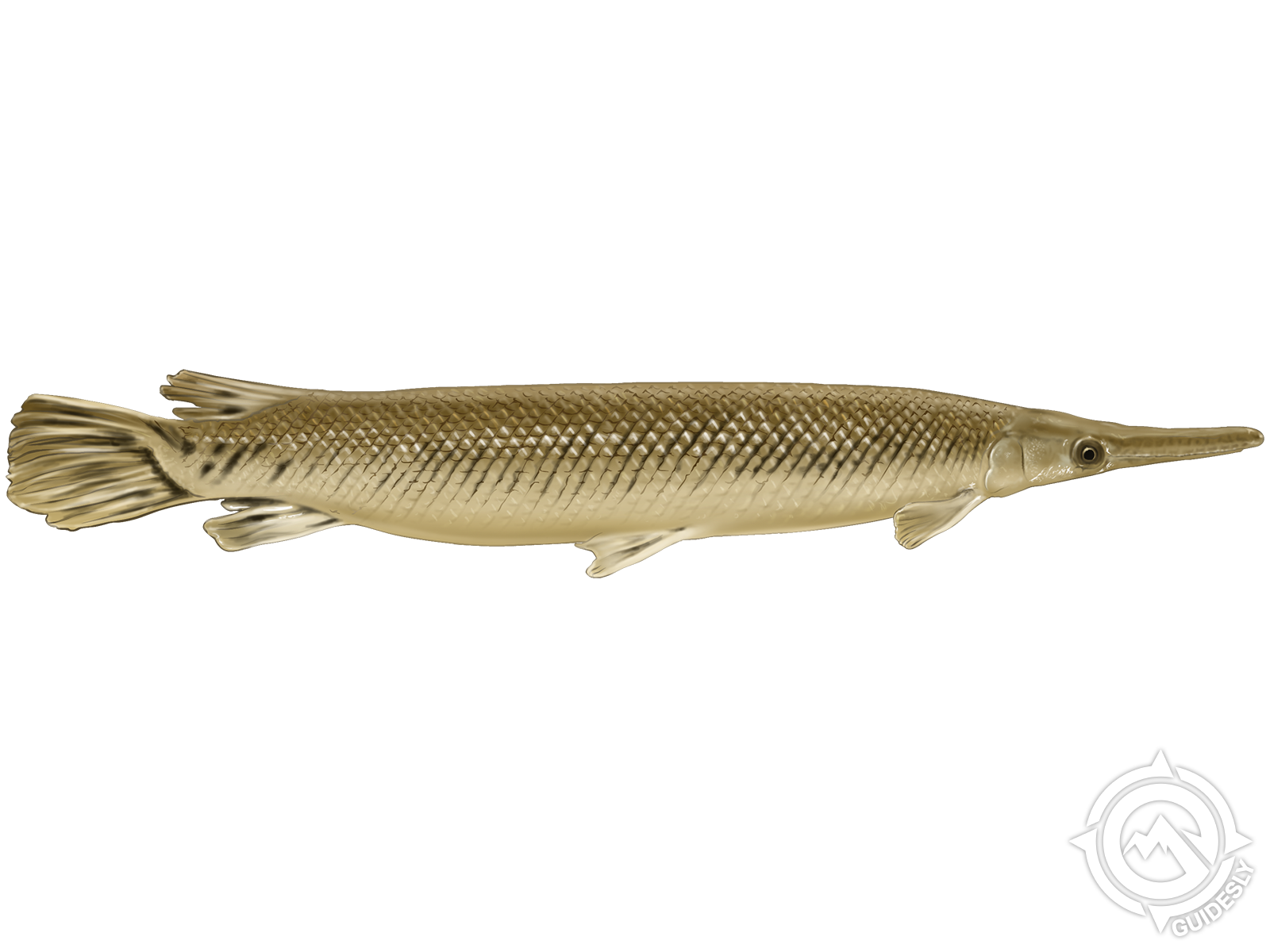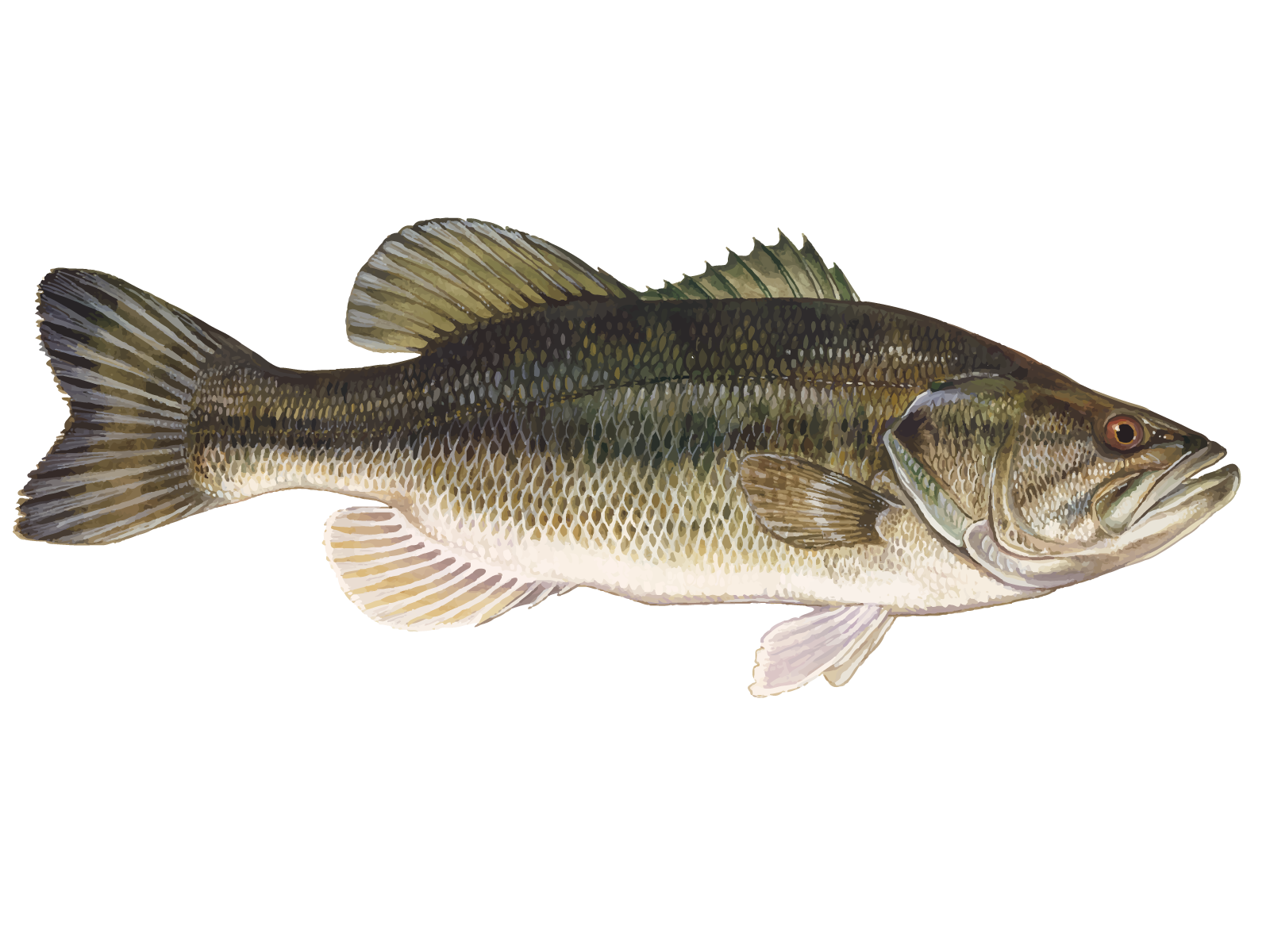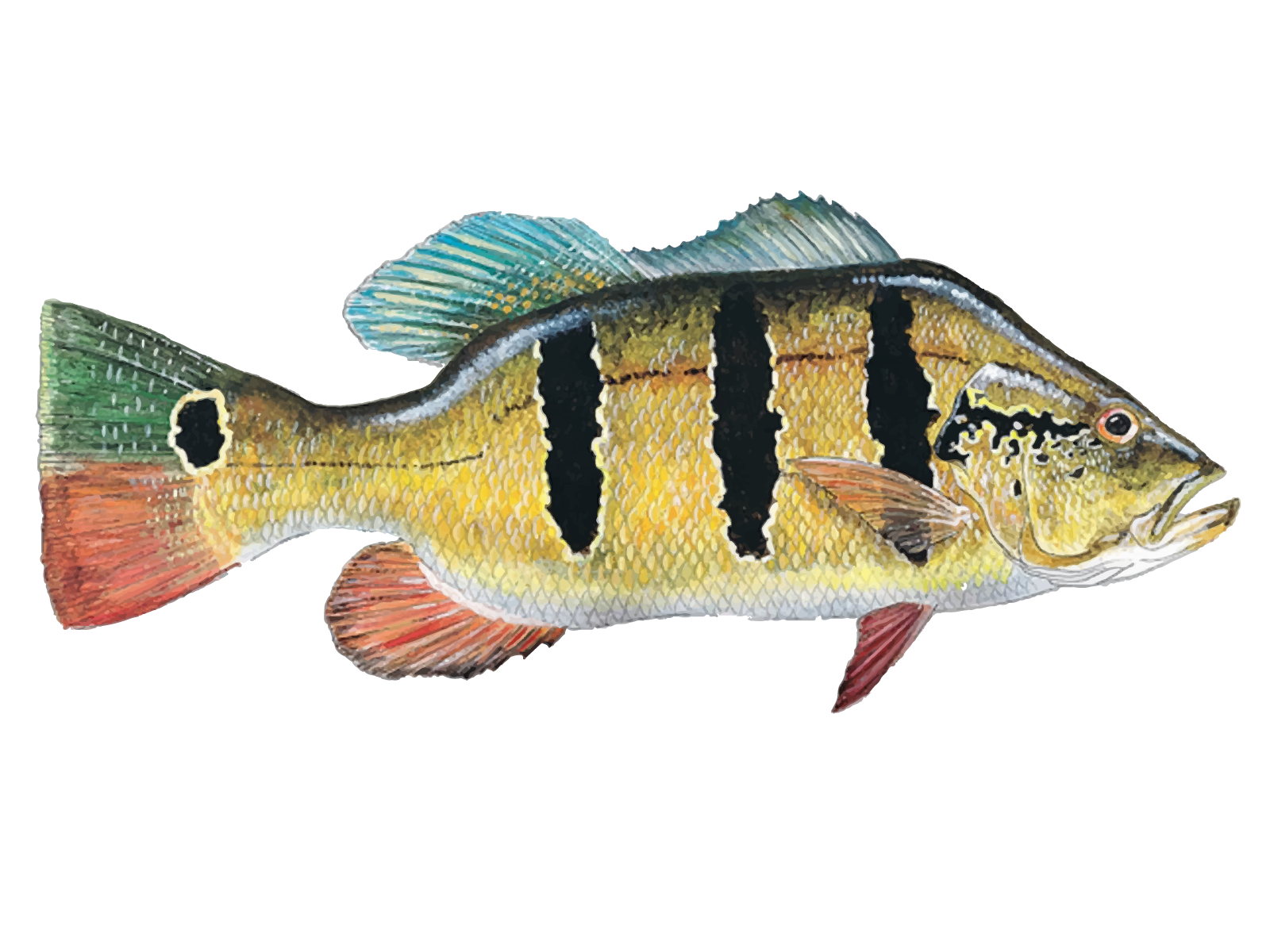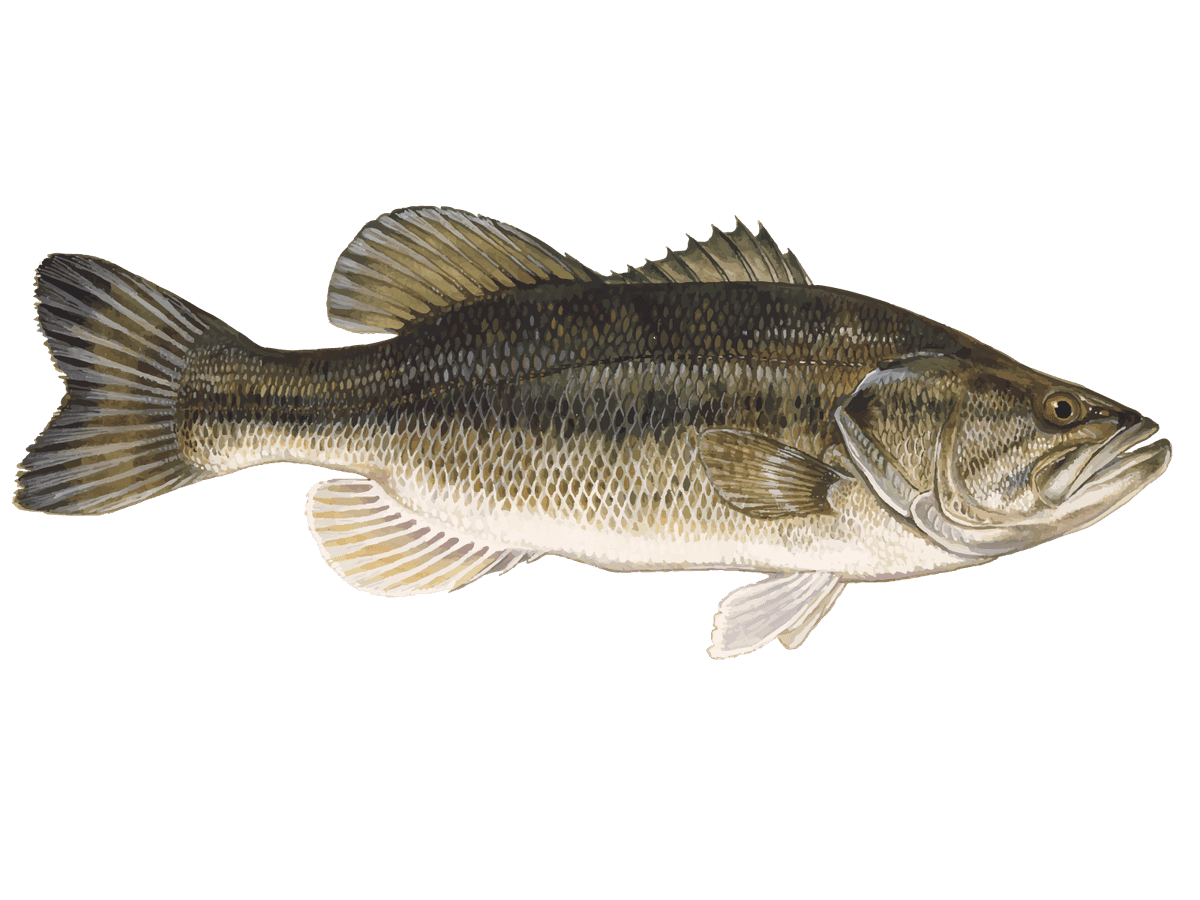//users/ee0553af-ea7a-4ae1-bbf8-e0aba2909087/ratecard/image-2025-04-09t181408.253.png)
%2Ffit-in%2F300x300%2Fusers%2Fee0553af-ea7a-4ae1-bbf8-e0aba2909087%2Fratecard%2Fimage-2025-04-09t181408.253.png&w=256&q=75)
%2F300x300%2Fusers%2Fee0553af-ea7a-4ae1-bbf8-e0aba2909087%2Fimages%2Fangler-catches-impressive-snook-2774.jpg&w=256&q=75)
%2F300x300%2Fusers%2Fee0553af-ea7a-4ae1-bbf8-e0aba2909087%2Fimages%2Fangler-lands-impressive-snook-davie-2770.jpg&w=256&q=75)
%2F300x300%2Fusers%2Fee0553af-ea7a-4ae1-bbf8-e0aba2909087%2Fimages%2Fangler-fishing-adventure-fl-2452.jpg&w=256&q=75)
%2F300x300%2Fusers%2Fee0553af-ea7a-4ae1-bbf8-e0aba2909087%2Fimages%2Flargemouth-bass-florida-fishing-2650.jpg&w=256&q=75)
%2F300x300%2Fusers%2Fee0553af-ea7a-4ae1-bbf8-e0aba2909087%2Fimages%2Flargemouth-bass-florida-fishing-2633.jpg&w=256&q=75)
%2F300x300%2Fusers%2Fee0553af-ea7a-4ae1-bbf8-e0aba2909087%2Fimages%2Fangler-catch-davie-2678.jpg&w=256&q=75)
%2F300x300%2Fusers%2Fee0553af-ea7a-4ae1-bbf8-e0aba2909087%2Fimages%2Fangling-adventure-davie-2735.jpg&w=256&q=75)
Expert-Guided Everglades Bass Fishing Adventure
What you will be catching:
 Alligator Gar
Alligator Gar Largemouth Bass
Largemouth Bass Oscar
Oscar Peacock Bass
Peacock Bass
Trip Pricing and Availabilities :
No trip pricing information available at this time.
Bass Bonanza: 5-Hour Everglades Adventure
Ready to tangle with some of Florida's hardest-fighting freshwater fish? We're talking about the kind of action that'll have you grinning from ear to ear and swapping fish stories for weeks. Our 5-hour private bass fishing trip in the heart of the Everglades is where it's at. Whether you're a seasoned pro or just getting your feet wet, we've got you covered with top-notch gear, live bait that drives the fish crazy, and a slick 21' Skeeter that'll get us into all the sweet spots.
What's the Deal?
Picture this: you're cruising through hidden canals and skinny water flats, surrounded by gators sunning themselves and birds you've only seen in nature documentaries. The air's thick with that unmistakable Everglades humidity, but you don't even notice 'cause you're too busy watching your line. That's when it happens – BAM! A monster largemouth slams your bait and the fight is on. Or maybe it's a peacock bass, lighting up the water with its neon colors. Heck, you might even hook into something crazy like a Mayan cichlid or an oscar. That's the beauty of fishing the 'Glades – you never know what's gonna show up at the end of your line.
How We Roll
We're not about that run-and-gun fishing life here. Nah, we take our time, working the edges of grass beds and lily pads where the big boys like to hang out. We'll flip soft plastics under overhanging branches, dance topwater lures across open pockets, and maybe even do some good old-fashioned live bait fishing if that's what's hitting. Our guide knows these waters like the back of their hand, so we'll be on fish all day long. And don't worry if you're new to this – we'll show you the ropes, from how to work a Texas rig to the best way to set the hook on these hard-mouthed Everglades bruisers.
Fish Tales
No customer reviews provided for this trip.
What's Biting?
Peacock Bass: These aren't your average bass, folks. Peacocks are like the MMA fighters of the fish world – aggressive, hard-hitting, and always ready to throw down. They love warm water and put on a show like you wouldn't believe, leaping out of the water and giving you a run for your money. Best of all? They're not just fighters, they're lookers too, with those electric blue and orange colors that'll light up your Instagram feed.
Oscar: Don't let their aquarium roots fool you – wild oscars are no joke. These cichlids might not be the biggest fish in the 'Glades, but what they lack in size, they make up for in attitude. They're ambush predators, so expect some heart-stopping strikes when you least expect it. And let's be real, there's something cool about catching a fish that looks like it belongs in a pet store, not on the end of your line.
Alligator Gar: Now we're talking prehistoric. These living fossils can grow over 6 feet long and have a face only a mother could love. Hooking into one of these bad boys is like battling a dinosaur – they're all muscle and attitude. They're not the easiest to catch, but man, when you do, it's a story for the grandkids. Just watch those teeth when you're unhooking 'em!
Largemouth Bass: The king of freshwater fishing, and for good reason. Everglades largies grow big and mean, thanks to the year-round growing season and abundant food. They'll hit everything from plastic worms to big swimbaits, and when they do, hold on tight. There's nothing quite like the heart-stopping moment when a big bass blows up on your topwater lure at first light.
Let's Do This
Look, I could go on all day about the fish, the scenery, and the pure adrenaline rush of fishing the Everglades. But why read about it when you could be out there living it? We've got the boat, we've got the gear, and we've got the know-how to put you on fish. All we need is you. So what do you say? Ready to make some memories and maybe catch the fish of a lifetime? Give us a shout and let's get you booked. The bass are waiting, and trust me, they're hungry.
Learn more about the species
Alligator Gar
Alligator gar are prehistoric-looking monsters that'll get your heart racing. These giants can grow over 6 feet long and top 100 pounds. You'll find them in the deeper parts of rivers and backwaters, often near drop-offs. Late summer is prime time when the water's hot and low. Gators, as we call 'em, are catch-and-release only, but the thrill of hooking one is unforgettable. They're tough fighters and can even breathe air, so be ready for a long battle. To target them, use big baits like mullet or carp on heavy tackle. Here's a tip: look for them rolling at the surface to gulp air - that's your cue to cast nearby. Just remember, handling these toothy critters takes some skill, so listen to your guide's instructions carefully.

Largemouth Bass
Largemouth bass are the bread and butter of Everglades fishing. These green-backed bruisers usually run 2-5 pounds, but 10-pounders aren't unheard of. You'll find them around vegetation, sunken logs, and drop-offs. Spring is prime time when they're spawning in shallow water, but you can catch 'em year-round. Largemouth are famous for their aggressive strikes and acrobatic jumps - it's why anglers can't get enough. To entice a bite, try pitching a plastic worm into cover or working a topwater lure early morning. Here's a local secret: when it's hot, fish deeper water with big crankbaits. The fight of a big largemouth on light tackle is something special - you might just get hooked yourself.

Oscar
Oscars are quirky fish that add some spice to Everglades fishing. They're usually 10-12 inches long and prefer slow-moving, warm waters. You'll find them lurking near the bottom of canals, ponds, and marshy areas. Oscars aren't picky eaters, which makes them fun to catch. They'll go for crickets, worms, or small cut bait. Spring and summer are prime time when the water's warmest. What makes oscars interesting is their personality - they're known to be pretty smart for a fish. When you hook one, be ready for a surprisingly stubborn fight for their size. Here's a local trick: try using a small jig tipped with a piece of nightcrawler. Work it slowly along the bottom, and you might just entice an oscar to bite.

Peacock Bass
Peacock bass are a colorful, hard-fighting fish that'll test your skills. They average 2-4 pounds but can grow up to 10. Look for them in warm, shaded canals and near structure like fallen trees. They're most active in spring and fall when water temps are ideal. Peacocks hit lures aggressively and put up an acrobatic fight - it's why anglers love 'em. To catch one, try using golden shiners (we call 'em "peacock candy") or throw topwater lures early morning. Work the lure with quick, erratic retrieves to trigger their predatory instinct. Just remember, they can't survive in water below 60°F, so focus on the warmer parts of the Everglades. Landing a peacock bass is a real rush - you won't forget your first one.

About the skeeter
%2F%2Fusers%2Fee0553af-ea7a-4ae1-bbf8-e0aba2909087%2Fvehicle_picture%2Fimg_0977.jpeg&w=1200&q=75)
Vehicle Guest Capacity: 3
Manufacturer Name: Yamaha
Maximum Cruising Speed: 72
Number of Engines: 1
Horsepower per Engine: 250
Ready to reel in some bass? This 5-hour trip takes you deep into the heart of the Florida Everglades for an action-packed fishing adventure. Hop aboard a fully-equipped 21' Skeeter bass boat and cruise through winding canals and shallow grass flats in search of hard-fighting largemouth and colorful peacock bass. You might even hook into exotic species like Mayan cichlids and oscars. Whether you're a seasoned angler or just starting out, your expert guide will show you the best spots and techniques to land the big one. All the gear and live bait you need is provided, so just bring your sense of adventure. As you cast your line, keep an eye out for the abundant wildlife that calls the Everglades home. With room for up to 3 guests, this half-day outing is perfect for a fun day on the water with friends or family. Soak in the natural beauty of Florida's unique ecosystem while experiencing some of the best freshwater fishing around. Book your Everglades bass fishing trip today and get ready for tight lines and bent rods!
%2Ffit-in%2F250x250%2Fguide_websites%2F29727%2Fimages%2F1744195423700image-2025-04-09t184138.747.png&w=1200&q=100)


%2Ffilters%3Aformat(webp)%2Fusers%2Fee0553af-ea7a-4ae1-bbf8-e0aba2909087%2Fimages%2Flargemouth-bass-florida-fishing-2650.jpg&w=768&q=75)
%2Ffilters%3Aformat(webp)%2Fusers%2Fee0553af-ea7a-4ae1-bbf8-e0aba2909087%2Fimages%2Flargemouth-bass-florida-fishing-2633.jpg&w=768&q=75)
%2Ffilters%3Aformat(webp)%2Fusers%2Fee0553af-ea7a-4ae1-bbf8-e0aba2909087%2Fimages%2Fangler-catch-davie-2678.jpg&w=768&q=75)
%2Ffilters%3Aformat(webp)%2Fusers%2Fee0553af-ea7a-4ae1-bbf8-e0aba2909087%2Fimages%2Fangling-adventure-davie-2735.jpg&w=768&q=75)
%2Ffilters%3Aformat(webp)%2Fusers%2Fee0553af-ea7a-4ae1-bbf8-e0aba2909087%2Fimages%2Fangler-catches-impressive-snook-2774.jpg&w=768&q=75)
%2Ffilters%3Aformat(webp)%2Fusers%2Fee0553af-ea7a-4ae1-bbf8-e0aba2909087%2Fimages%2Fangler-lands-impressive-snook-davie-2770.jpg&w=768&q=75)
%2Ffilters%3Aformat(webp)%2Fusers%2Fee0553af-ea7a-4ae1-bbf8-e0aba2909087%2Fimages%2Fangler-fishing-adventure-fl-2452.jpg&w=768&q=75)
